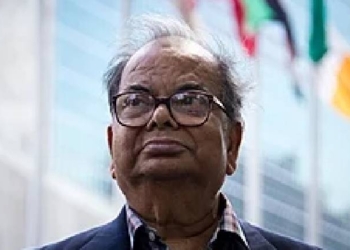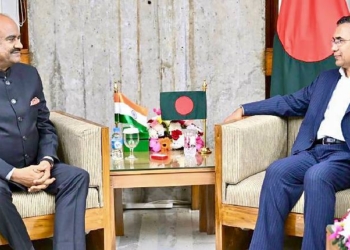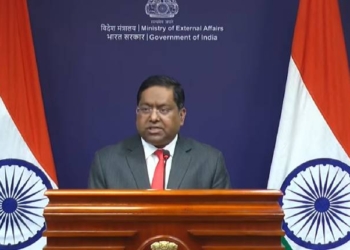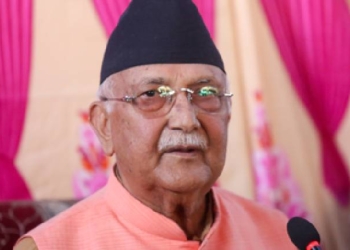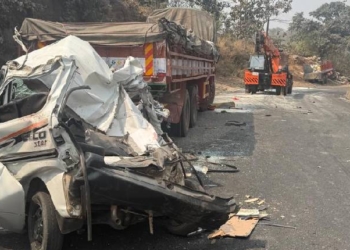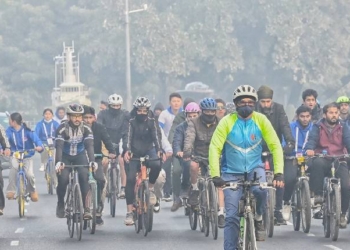New Delhi: The sixth assembly of International Solar Alliance (ISA) on Tuesday decided to increase the viability gap funding (VGF) cap for solar projects from 10 per cent to 35 per cent of project cost.
The decision was taken during the meeting of the ISA assembly hosted by India under its presidency here.
Addressing the assembly, power and renewable energy minister R K Singh, also the alliance’s president, informed that the sixth assembly of ISA has decided to increase viability gap funding for projects from 10 per cent to 35 per cent.
“The ISA has a programme for VGF so that viability gap funding is available for projects in developing countries. The grant provided under the mechanism is $150,000 or 10 per cent of the project cost (whichever is lower), per country per project. Today, we decided that we will increase the viability gap funding from 10 per cent to 35 per cent of the project cost, depending on the capacity and needs of the countries and their respective projects. This will enable more investments to flow into Africa,” he said.
ISA-funded projects will bring solar energy to Malawi Parliament and projects in Fiji, Seychelles and Kiribati, he informed further.
Four projects set up with ISA’s assistance were also inaugurated by Singh on the occasion.
“ISA will share India’s successful practices with developing countries with right policy and regulatory framework, and it is certain that investments will flow into Africa,” Singh added during his presidential address.
“Climate action and energy transition will not happen unless we solve the problem of energy access,” the minister said.
Singh also informed that the assembly discussed how successful energy access and energy transition practices adopted by India can be replicated in developing countries.
“With public investment alone, we cannot ensure universal access to electricity. We need to de-risk investment so that private investment can come. Hence today, we also discussed how we can replicate what we have done in India in other countries, in terms of the techno-regulatory framework, dispute settlement mechanisms and payment security mechanisms, so that private investments can come in.
“ISA has set up a fund, which has components for insurance and payment security mechanism. With these mechanisms, we are certain that investments will start flowing into Africa, especially those countries which have problems of energy access to all their people,” he said.
Singh said that the ISA is expecting developed countries to provide green funds as per their COP21 commitments.
The minister underlined the importance of provision of green funds by developed countries as per their COP21 commitments.
“We also expect that green finance to become available with the funds we are setting up. As the green funds start flowing as per the commitments made by developed countries at COP21, we will have renewable energy projects being rolled out at scale throughout those countries where there is problem of energy access,” Singh said.
He further informed that now 120 countries have become members of the ISA and the existing projects are nearing completion and more projects will be launched.
“The ISA has a salience since there are about 733 million people in the world who do not have access to electricity. We at ISA believe it is our mission to provide energy access to these people using renewable energy sources. And out of renewable energy sources, solar is the best, since it is available for a longer period of time, both in terms of seasons and hours per day,” he added.
(IANS)





